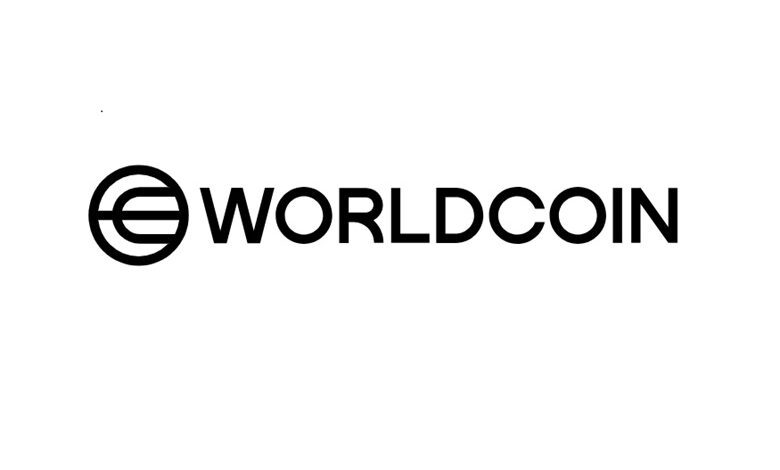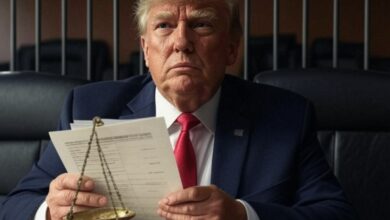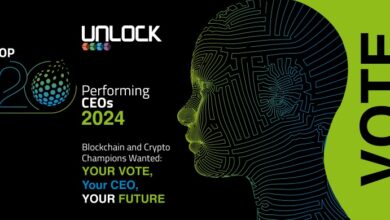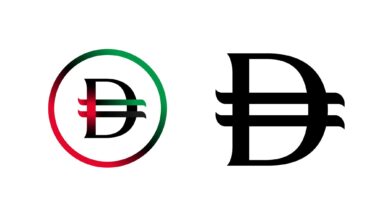Worldcoin’s 84% Plunge: How Poor Tokenomics and Regulatory Scrutiny Are Sinking the Project
Worldcoin’s Fall from Grace

Launched with great fanfare in mid-2023, Worldcoin (WLD) set out to build a global identity verification system using blockchain technology, led by high-profile tech figure Sam Altman. However, despite the initial excitement, Worldcoin has suffered a dramatic 84% decline in value, dropping from an all-time high of $11.78 in March 2024 to $1.80 as of October 2024.
Two primary issues have been driving this sharp drop: flawed tokenomics, which suggest a lack of understanding of the crypto economy, and mounting regulatory scrutiny that has slowed adoption and increased investor caution.
1. Tokenomics Missteps: A Lack of Crypto Economic Knowledge
At the heart of Worldcoin’s decline is its poorly designed tokenomics, a vital component of any successful cryptocurrency project. Tokenomics govern the distribution, supply, and demand dynamics that affect the long-term sustainability and price stability of a token. In Worldcoin’s case, these dynamics appear to have been poorly understood or inadequately managed.
Key Issues with Worldcoin’s Tokenomics:
- Excessive Token Supply: Worldcoin introduced a massive initial supply of 10 billion tokens, far exceeding the immediate demand. A large portion of this supply was allocated to insiders—team members and early investors. This allocation structure created fears of centralization and raised concerns about large sell-offs as insiders looked to cash in, pushing prices lower.
- Lack of Demand Drivers: Unlike many successful crypto projects that provide staking rewards, governance rights, or decentralized finance (DeFi) functionality, Worldcoin has struggled to create a compelling reason for users to hold its token. With little incentive for long-term investment, many holders have chosen to sell their tokens, further depressing prices.
- Questionable Utility: The lack of a clear use case for the WLD token beyond its role in identity verification has also dampened enthusiasm. While the promise of creating a global identity network is bold, investors are skeptical about how this utility translates into real-world demand for the token. This lack of defined utility has failed to generate lasting interest in the token.
Why This Reflects a Lack of Crypto Knowledge:
Worldcoin’s tokenomics reveal a fundamental misunderstanding of the crypto economy. In established projects, token distribution is carefully managed to balance supply and demand while ensuring that early insiders don’t flood the market with tokens. Worldcoin’s failure to address these concerns suggests that the team—led by figures with expertise in AI and tech but limited experience in crypto—may not fully grasp the intricacies of crypto economic models.
An experienced crypto team would likely have:
- Implemented more gradual token release schedules to prevent oversupply.
- Designed incentives such as staking or governance rights to promote holding.
- Prioritized building real-world use cases that ensure sustained demand.
2. Regulatory Scrutiny: A Major Barrier to Adoption
Another critical factor contributing to Worldcoin’s downfall is the regulatory scrutiny it has faced across multiple jurisdictions. At the core of the project’s regulatory issues is its controversial biometric data collection process, which requires users to submit iris scans in exchange for tokens. While this was meant to serve as a unique identity verification system, it has triggered privacy concerns from regulators worldwide.
Regulatory Challenges Faced by Worldcoin:
- Privacy Concerns and Data Security: Several countries, including Spain and South Korea, have either banned or placed heavy restrictions on Worldcoin due to fears over how the project handles sensitive biometric data. Regulators argue that the collection of such data, combined with the centralization of control, poses a potential risk to privacy and user security.
- Lack of Clarity on Compliance: Worldcoin has struggled to prove its compliance with global privacy standards, such as the General Data Protection Regulation (GDPR) in Europe. This has resulted in delays in adoption and operational challenges, as countries continue to scrutinize the project’s legal framework. These compliance issues have further dampened investor confidence.
- Global Regulatory Patchwork: The project also faces the challenge of navigating a fragmented global regulatory environment. As Worldcoin aims for global adoption, it must comply with the diverse laws of each country it operates in, from privacy laws in Europe to financial regulations in the U.S. and Asia. This regulatory complexity has slowed down the project’s rollout and deterred institutional investment.
Impact on Investor Confidence:
The ongoing regulatory concerns have raised red flags for both retail and institutional investors. With increasing scrutiny, users and investors fear that regulatory bodies may impose stricter controls or even bans on the project, limiting its future growth. For many, the potential legal liabilities surrounding Worldcoin’s biometric data practices make it too risky to invest in, especially when combined with poor token performance.
Can Worldcoin Recover?
Worldcoin’s dramatic 84% price drop since launch can be largely attributed to its flawed tokenomics and the significant regulatory scrutiny it faces. The project’s team, while technically proficient, seems to lack the specialized crypto economic knowledge needed to create a balanced token model that encourages long-term holding and use. At the same time, its bold use of biometric data has drawn the ire of regulators, further stifling its growth potential.
For Worldcoin to recover, it will need to:
- Revise its tokenomics to balance supply and demand, potentially through mechanisms like staking or token burns.
- Address privacy concerns by working closely with regulators to ensure compliance and transparency.
- Clarify the utility of the WLD token to make it more attractive to both users and investors.
Without these changes, Worldcoin risks further decline, leaving it as a cautionary tale of how even the most ambitious projects can falter without a deep understanding of crypto market dynamics and regulatory compliance.





